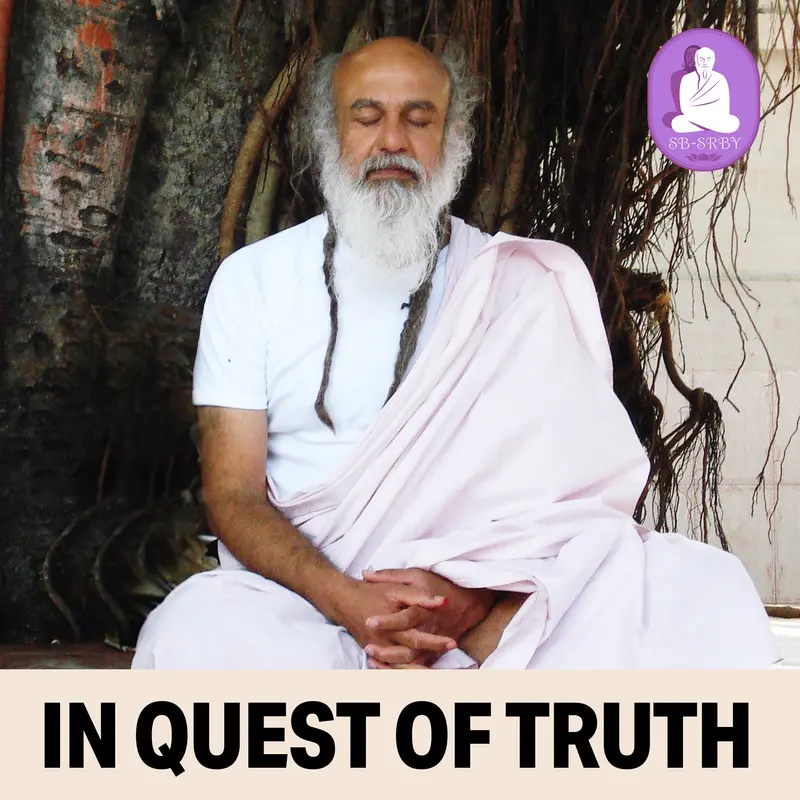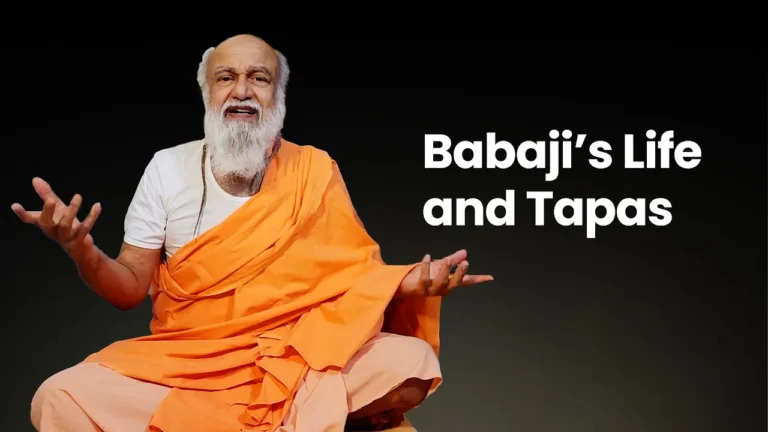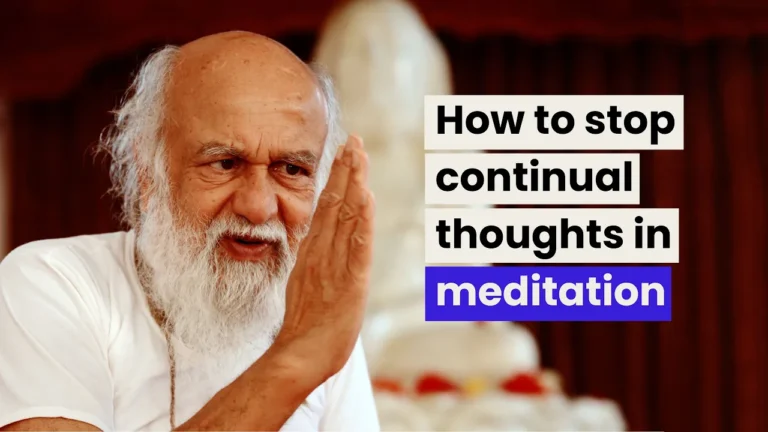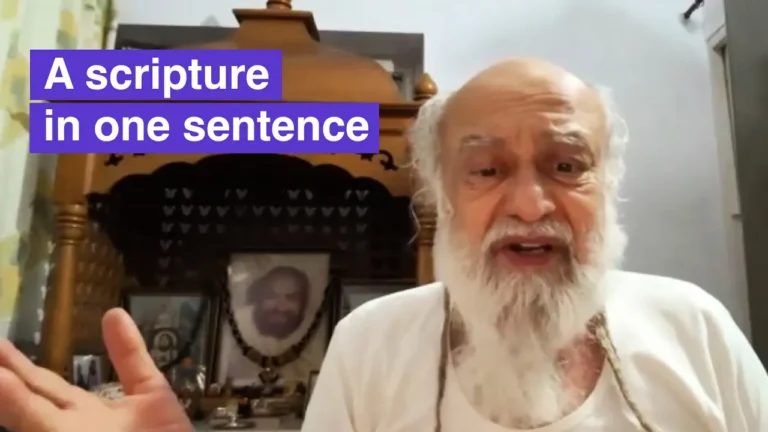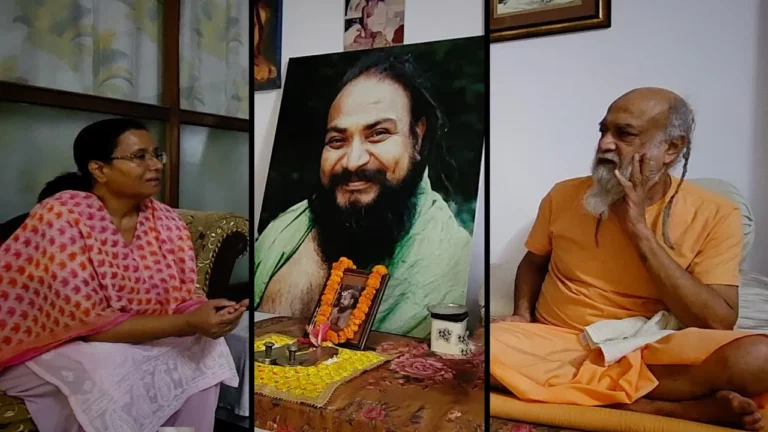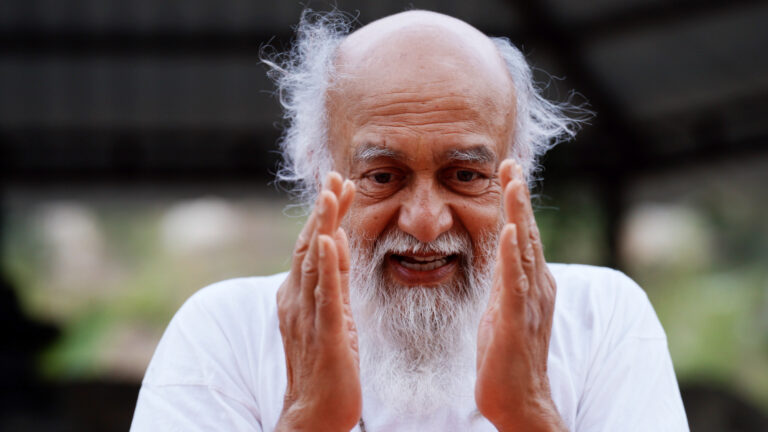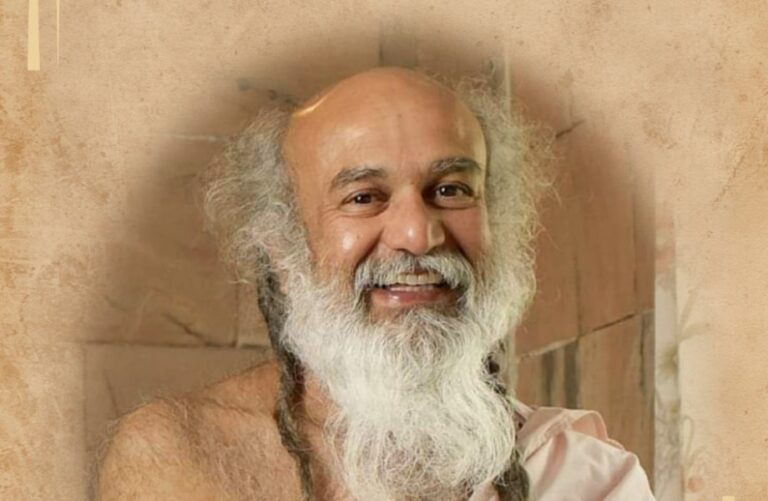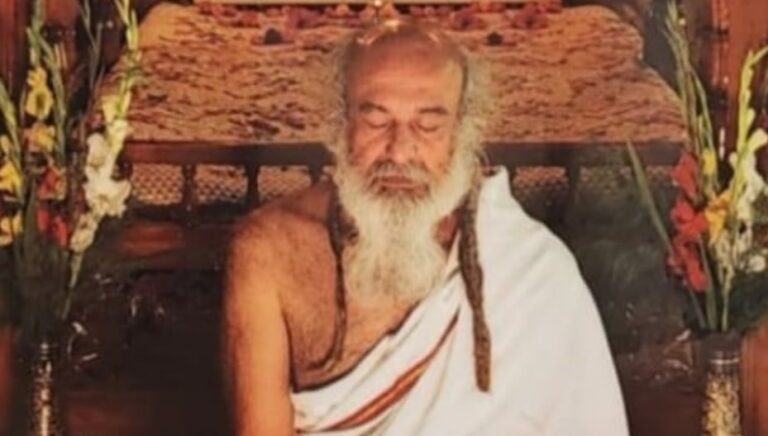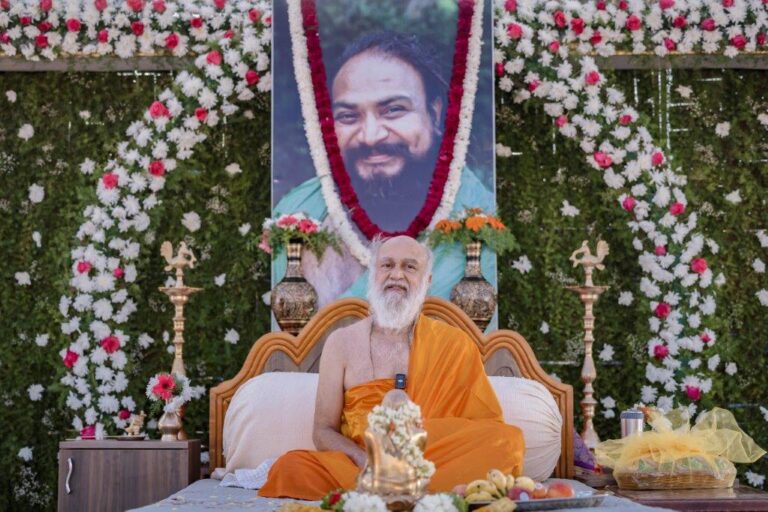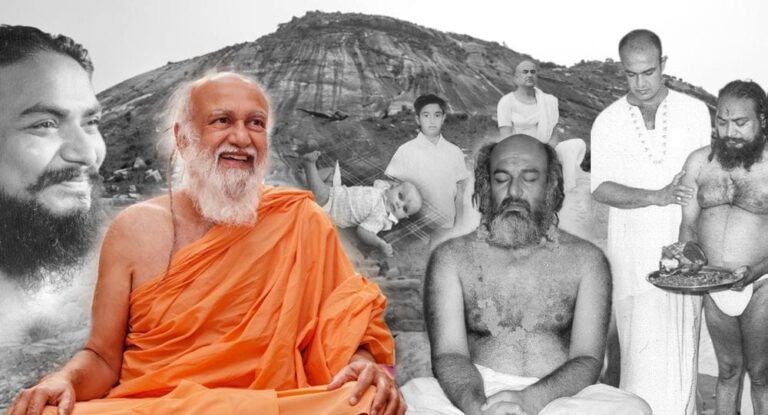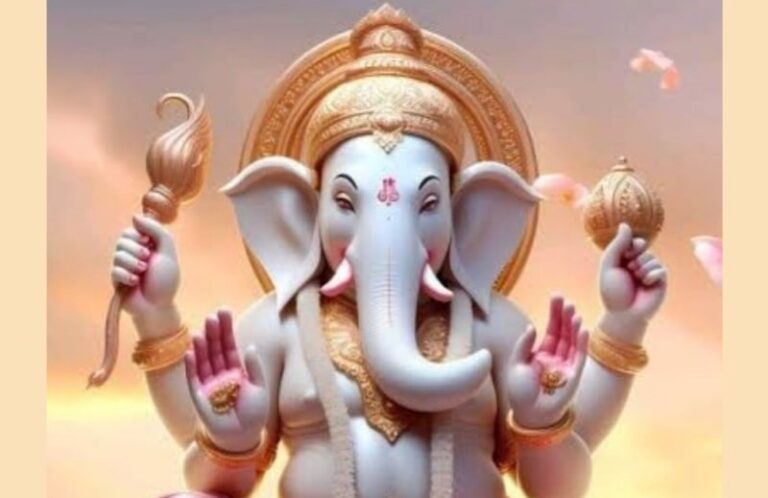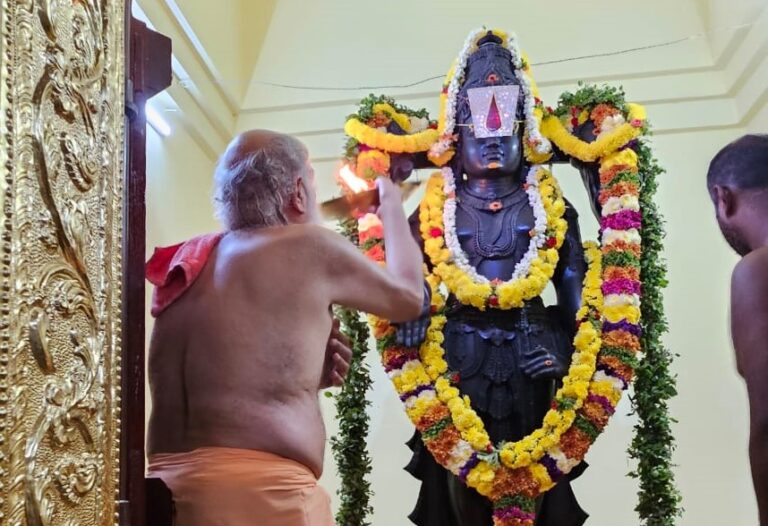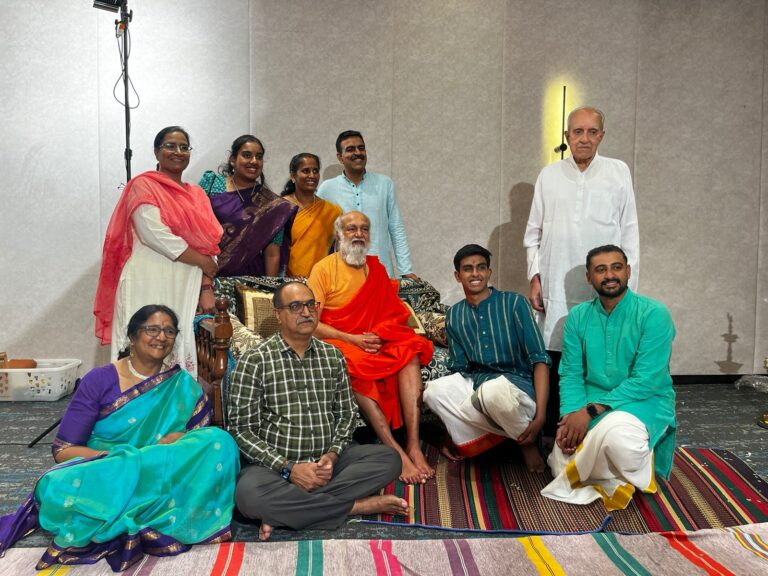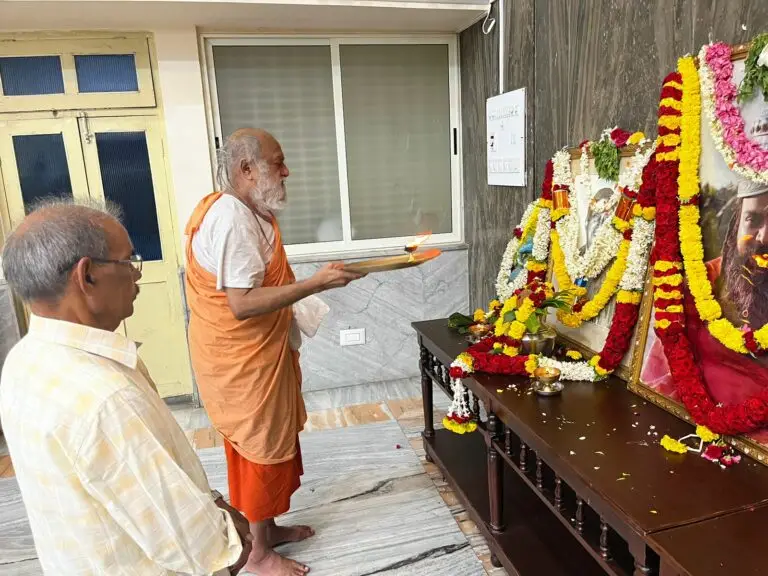The Purpose
The mission purpose is to continue the good work and teachings of His Guru, Shri Shivabalayogi Maharaj. In particular to teach and encourage people to meditate and discover the benefits by first-hand experience – less stress, more internal peace and contentment, less conflict, more understanding and compassion, greater forgiveness and a more positive attitude to life.
What is a Yogi?
Babaji is a Yogi, not a priest or religious teacher. He was brought up in India and therefore many of the stories and parables used to illustrate the teachings come from such Indian classics as the Mahabharata and Ramayana, but he also quotes and talks about the teachings of Christ and Buddha.
While priests belong to one religion and carry out work within that religion, teaching scriptures and conducting ceremonies and rituals for members of that religion, a Yogi may not have much knowledge of the scriptures or rituals. They have instead focused all their spiritual efforts on meditation to bring their minds under control to the point where they have total control of their minds at all times.
To learn meditation it is not necessary to commit to any particular faith, it is a personal choice. Babaji does not teach any religious doctrine.
The main points of the teachings
His teachings do not come from book-learning but from careful examination of the world and his own mind and the meticulous practice of techniques to develop a state of permanent happiness which was his goal since early childhood.
As a student he observed that we all strive for happiness and that happiness occurs when the mind is settled and quiet. He sought a way to bring the mind to be settled and quiet at all times, a state of permanent happiness and peace.
The key is to learn how to bring the mind under one’s own control and keep it under control. With the mind under our own control we are not subject to greed, anger, false pride, stinginess, attachment to worldly things or jealousy. These are the result of an uncontrolled mind which leads to feelings of insecurity. With a mind fully controlled these do not occur. Even after meditating for a fairly short period these occur less often, are less intense and last for a shorter time. Being less subject to these makes us a happier person and improves our lives and the lives of others around us.
Our actions towards others are important. To be aware of our obligations to ourselves and others, to care and show kindness and consideration to others and to try hard to live in peace with ourselves and others are the important actions to develop and maintain. These occur naturally when the mind is under control.
By meditating we develop the skills of focussing and bringing our minds under our own control. The benefits from this are
- less stress and therefore better mental and physical health
- ability to manage difficult situations better
- better understanding and compassion towards others
- reduced conflict
- better concentration and focus
- more energy
Other practices such as selfless service to others, worship and seeking internal wisdom can also help us to bring our mind under our own control. These practices also need to be properly understood and practiced with full concentration and focus so we gain the ability to keep the mind single-pointed.
With practice it is possible to eventually keep the mind still, without thought. Once we are able to do that it can be said we are truly meditating. Once we can maintain that thoughtless state for about eight hours continuously then it is called ‘Tapas’.
Babaji maintained this state of Tapas for five years until his mind reached a permanent state of complete control, before then returning to his worldly duties of spreading his Guru’s teachings.
Guru
‘Guru’ is a term that has sadly become badly misused by many as a way to exploit others. A true Guru is there as a ‘dispeller of the darkness of ignorance’. They are not there to control or exploit students. A true Guru never asks anyone to do anything that they are uncomfortable doing.
Babaji, like His Guru before Him, teaches as a friend. He offers initiation as a friend to anyone interested to learn and places no conditions on the student. He never asks for money. Following the true ancient tradition of India all teachings are given free of charge. Local groups or hosts take on the costs of hosting and organising events and any expenses are met by them so that the teachings can be offered free of charge. The only exceptions can be where larger events require accommodation or meals. Since the local groups are small and not wealthy, if costs are incurred in holding a larger event participants are sometimes invited to contribute towards those expenses if they feel they are able. Where possible local groups are charities and associations properly registered with local or national authorities and subject to monitoring to ensure correct practice.



